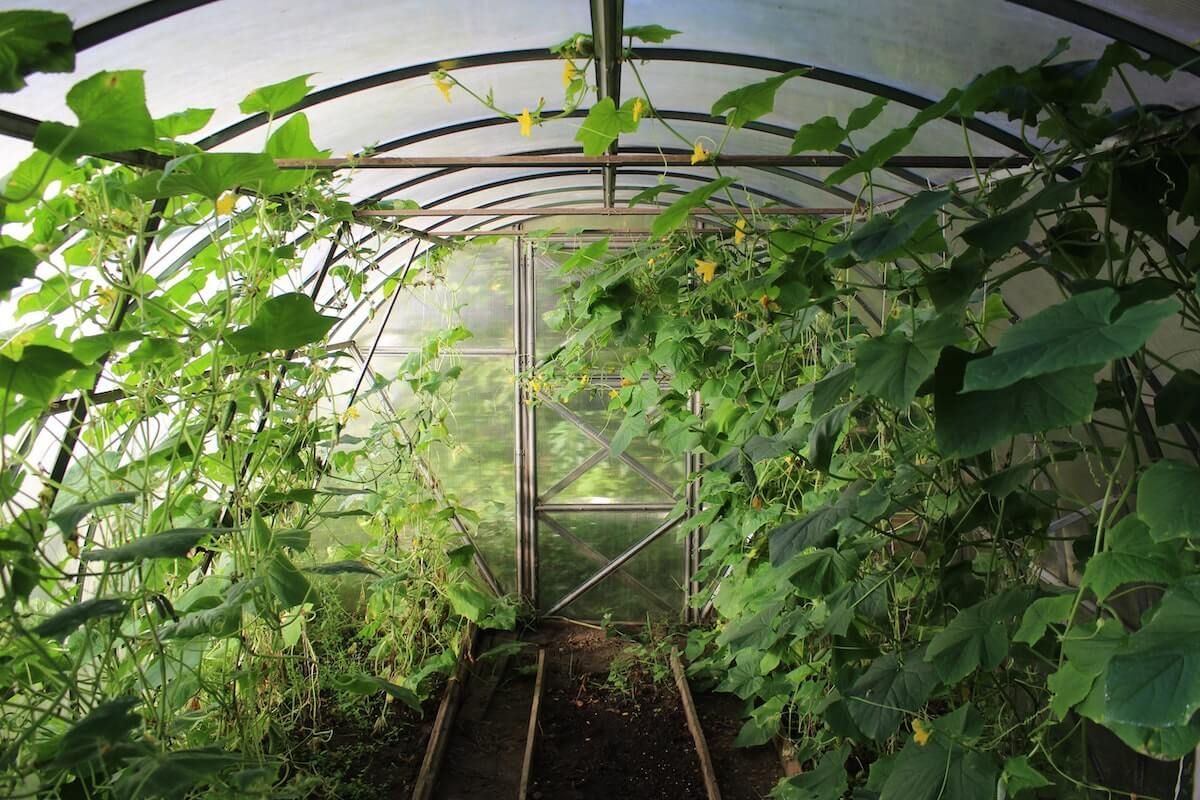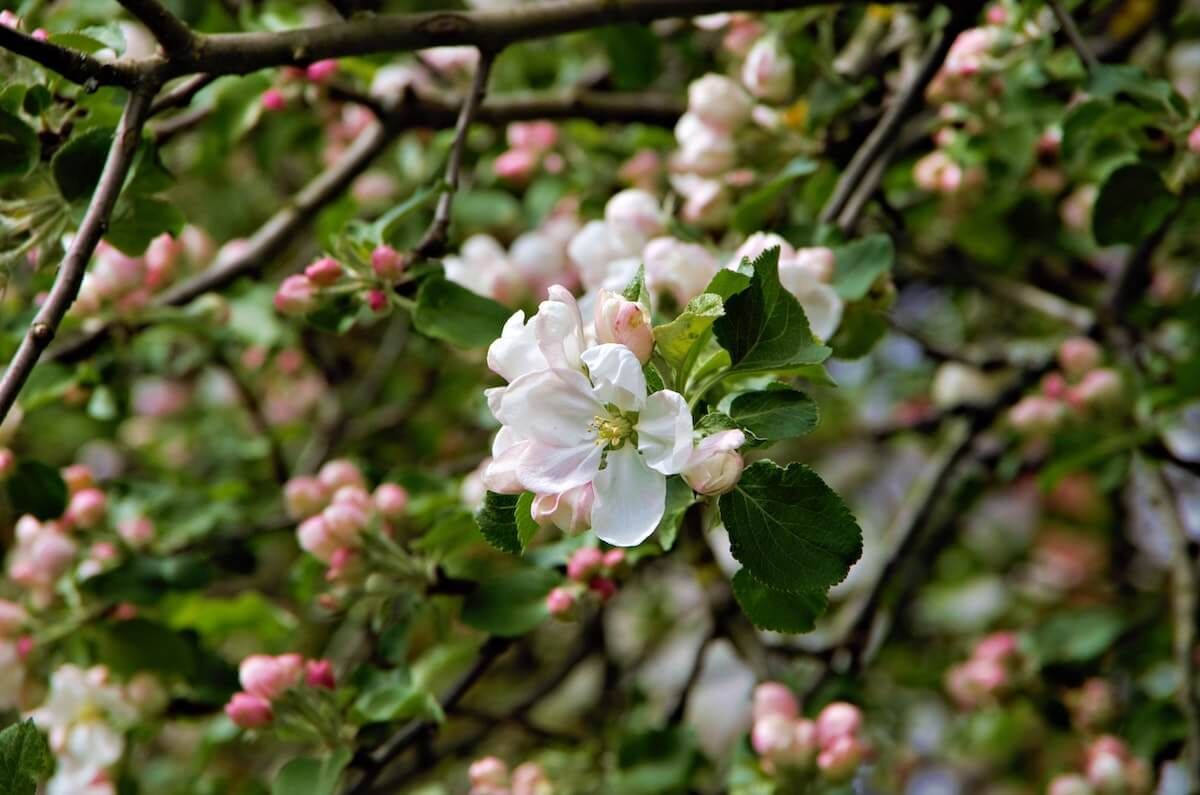Cover Crop Benefits

Here's the laundry list of benefits cover crops will bring to your garden:
Prevent erosion
Cover crops' roots help stabilize garden soil, prevent runoff, and ensure that your rich soil stays put.
Add organic matter
Both roots and top growth contribute organic matter to the soil after they are tilled under. "A combination of cover crops and compost is an excellent choice for building long-term organic matter and providing sufficient seasonal nutrients to the garden," says Dr. Sarrantonio.
Related Post: Beans: A Growing Guide
Increase microorganisms
Organic matter and the roots of growing cover crops stimulate microorganisms, which help suppress disease organisms, improve soil structure, and digest organic matter so that nutrients can be used by plants.
Steve Diver recommends inoculating cover crops with compost tea before tilling them under, because it helps them decompose faster.
Stabilize and add nutrients
Cover crops cover the soil and prevent excess nitrogen from leaching. Plants take up excess soil nitrogen and return it to the soil when they are turned under.
In addition, legumes, such as clover, fix atmospheric nitrogen in special nodules on their roots, in collaboration with Rhizobium bacteria.
This nitrogen can be used by the next crop you grow. In this way, cover crops act as a bank account for nutrients, returning the investment with interest when you turn them under.
Help control pests and diseases
"Cover crops add organic matter, which feeds the microbes that can play important roles in the garden like disease suppression," says Dr. Creamer.
Cover crops also encourage beneficial insects by providing flowers as a nectar source and foliage for shelter.
Suppress weeds
This is the one I like less weeding! Some cover crops, such as buckwheat, grow so densely that they outcompete weeds that's why they are sometimes called smother crops.
Others, like rye, oats, and sorghum-sudangrass (I call them the cover crop "bad boys") have an allelopathic effect on weeds they actually exude compounds that suppress the germination of weed seeds.
Because these compounds can last a while in the soil, it's important to wait three weeks after tilling them under to plant your garden.











